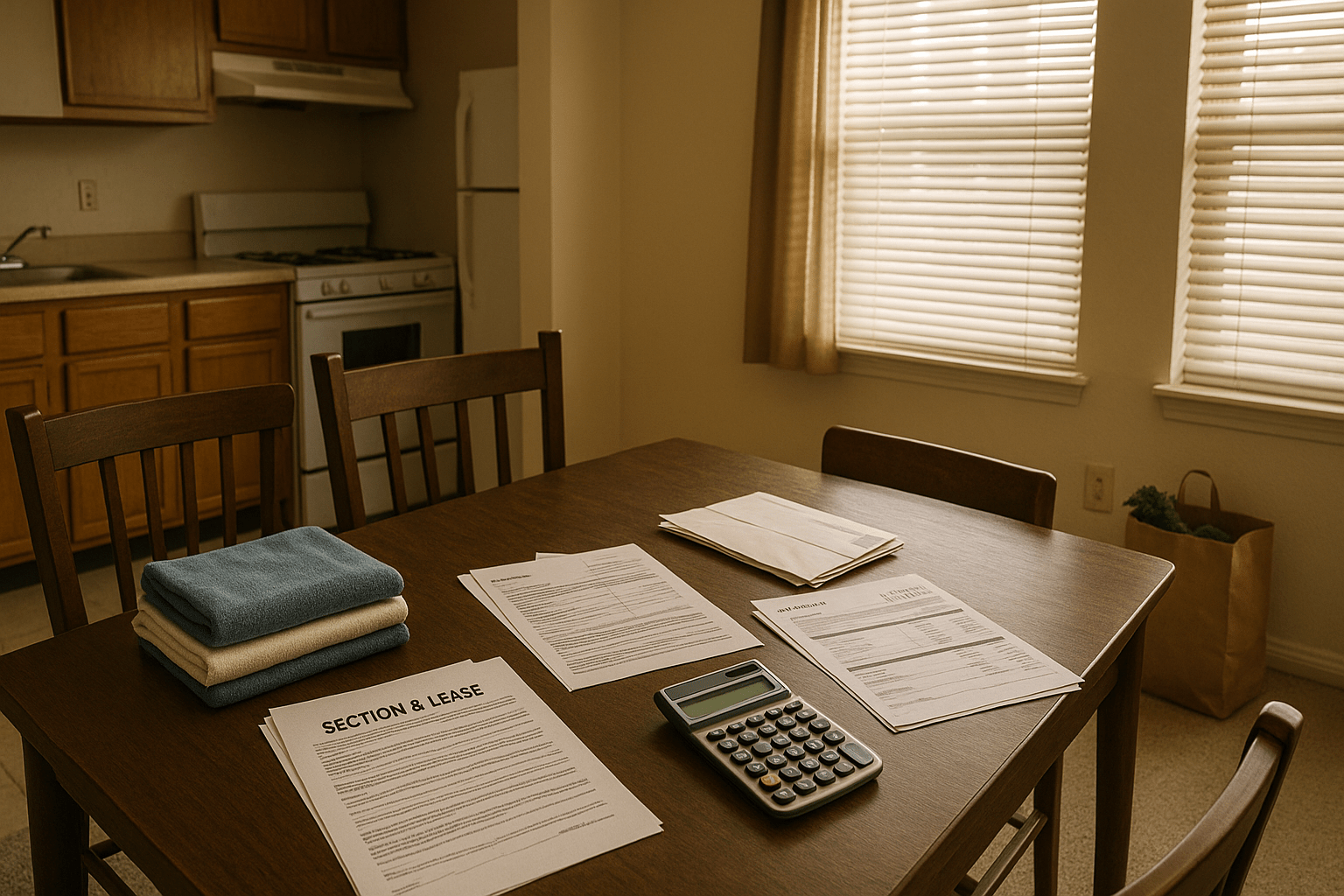Probate timelines are famous for testing heirs’ patience. Even in the smoothest estate, months can slip away between filing the will and wiring the last distribution. Understanding each milestone—**and how to bypass bottlenecks when cash needs won’t wait—**helps you plan, budget, and negotiate from a position of strength.
The Standard Probate Clock
Most estates clear probate in 9 – 18 months. The court validates the will, the executor inventories assets, creditors file claims, and tax authorities weigh in. Every notice period adds 30 – 90 days. Any contested debt or ambiguous title can tack on another quarter or two. The result? Heirs often wait a full calendar year before seeing their first dollar.
Why Questioning Your Funding Partner Matters
When delays hit, many heirs turn to inheritance advances. Yet speed only pays off if the agreement protects your upside. Before signing, run a disciplined checklist—confirming repayment caps, lien-release windows, and dispute-resolution language—so expedited cash doesn’t morph into unexpected cost. Those ten core questions all savvy heirs ask flush out hidden fees long before the clock starts ticking. Make them part of your due diligence.
Six-Figure Estates: Timelines Expand With the Balance Sheet
Large estates invite extra scrutiny from courts, appraisers, and tax auditors. If you’re counting on a six-figure distribution to buy out a sibling or settle estate taxes, plan for additional valuation reports and possibly federal estate-tax closing letters, each adding weeks. Here, a large inheritance advance can bridge the gap, providing capital in days while the estate’s paperwork grinds on. See how big advances stay nimble even when probate doesn’t.
Cash-Out Options and How They Affect Wait Times
Tapping liquidity before probate closes comes with trade-offs. Non-recourse advances settle fastest but charge a flat discount; probate loans attach interest that compounds until the estate wraps; personal loans rely on your credit and can follow you even if the estate stalls. Understanding the true cost breakdown among advances, probate loans, and personal loans helps you decide whether cutting months off the wait is worth the price. Compare the numbers before choosing.
Real Estate: The Timeline Wild Card
Inherited property is the chief culprit behind probate overruns. Title searches, hazard-insurance proofs, and court approval of liens all take time. If you need funds to repair or refinance the home before selling, weigh the merits of an estate-secured bridge loan against a post-probate mortgage. Knowing how estate loans differ from traditional mortgages tells you whether to wait for distribution or leverage equity now. Understand the real-estate pathway so you don’t misjudge the calendar.
Shortcutting the Wait: Advance Timelines Unpacked
With the right documents in place—death certificate, letters testamentary, current inventory—direct lenders routinely wire inheritance advances in three to five business days. That means cash in hand a full year before the court signs final papers. To pull it off, you’ll need a lender who underwrites in-house and a flawless document packet. A real-world timeline breakdown of probate and inheritance advances shows exactly where hours can be shaved off each step. Map the fast-track sequence and gather your paperwork accordingly.
Final Thought
The question isn’t just “How long will probate take?” but “How long can I afford to wait?” By probing the funding contract, modeling big-estate scenarios, crunching the true cost of liquidity, and strategizing around real-estate hurdles, you control more of the calendar than you might think. Whether you wait for the court or accelerate through an advance, timing—like inheritance—should serve your goals, not dictate them.








